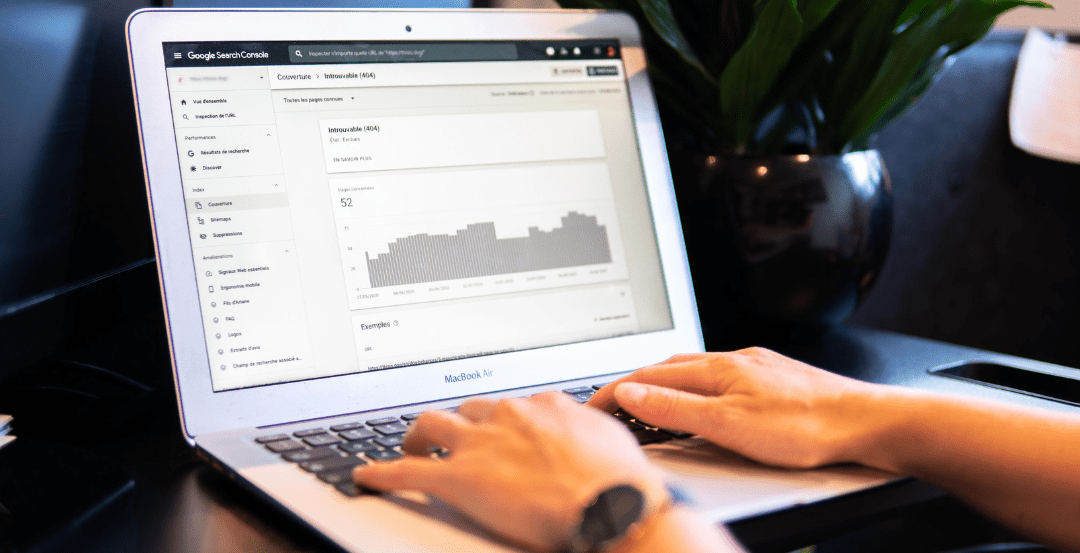Data analytics is a discipline that deals with the collection, processing and interpretation of data in order to extract useful information and make informed decisions. In recent years, data analytics has gained a lot of popularity due to the increasing amount of data available and the increasing demand for professionals able to analyse and understand this data.
What will you cover in your studies?
Data analytics is the process of examining and evaluating data in order to extract useful and relevant information. It is used in a wide variety of contexts, from scientific research and business analysis to government decision-making and everyday problem solving.
Data analysis involves three main stages: data preparation, data exploration and data modelling. Data preparation includes cleaning and processing the data to ensure that it is in a format suitable for analysis. Exploration involves analysing the data to discover patterns and trends. Data modelling involves building mathematical models to predict future behaviour or to explain relationships between variables.
Study requirements
The requirements for studying data may vary depending on the programme or course you are interested in. However, there are some common requirements that are often necessary for entry to analytics programmes:
- Previous degree: students are often required to have a previous university degree to enter data analytics programmes. This can be a bachelor’s degree in a related field such as data science, computer engineering or mathematics, or a degree in any other field as long as they have had advanced courses in statistics and programming.
- Prior knowledge: Many data analytics programmes require students to have prior knowledge in statistics and programming. This may include introductory courses in statistics and programming languages such as Python or R.
- Analysis skills: Data analytics programmes often require students to have analytical and critical thinking skills to be able to process and understand data effectively.
- Languages: Many data analytics programmes are offered in English, so it is common to require a minimum level of proficiency in English.
It is important to note that requirements may vary depending on the programme or course you are interested in, so it is important to do your research and make sure you meet the necessary requirements before applying.
Where can I study?
If you are interested in studying data analysis in Spain, there are several options available to you. Some of the most common options include:
- Universities: Many Spanish universities offer undergraduate and postgraduate programmes in data. These programmes often include courses in statistics, machine learning and data visualisation. Some of the most popular programmes include the Master’s Degree in Data Analysis and Management (UOC), the Master’s Degree in Data and Big Data (University of Granada) and the Master’s Degree in Data Analysis and Mining (Universidad Autónoma de Madrid).
- Business schools: Business schools also often offer analytics programmes, often as part of an MBA or specialisation programme. Examples include the Master in Big Data and Data Analytics (IESE Business School) and the Master in Data Analytics and Big Data (ESIC Business & Marketing School).
- Online courses: There are a large number of online courses available to learn about data analysis. Some of these courses are free, while others are fee-based and may offer certifications. Examples include the Python Analytics Course (Coursera) and the Data Analytics with Excel Course (Udemy).
Recommendations
- Start by understanding the basics: learning about data analytics requires understanding key concepts such as data exploration and cleaning, data visualisation and data modelling. Make sure you have a good understanding of these concepts before moving forward.
- Practice with real datasets: One of the best ways to learn about data analytics is to practice with real datasets. You can find datasets in places like Kaggle or your country’s government open data website.
- Use data analysis tools: To analyse data effectively, you will need to use data analysis tools. There are many options available, such as Excel, Google Sheets, Tableau and Python. Choose the tool that best suits your needs and practice with it.
- Learn how to present your findings: once you have done your analysis, it is important to be able to present your findings clearly and concisely. Practice creating graphs and tables to present your results visually and learn how to write reports that explain what you have found.
- Keep learning and practising: Data analysis is a constantly evolving field, so it is important to keep learning and practising to keep up to date. Consider taking an online course or joining a study group to keep learning and developing your skills.
Remember that…
Whichever path you choose, it is important to ensure that the programme or course you choose is of high quality and provides you with the skills and knowledge you need to succeed in the field of data analysis. This includes having a good understanding of statistical and machine learning techniques, as well as knowing how to use popular tools and technologies such as Python, R and SQL.
In addition, it is important to keep in mind that analytics is a constantly evolving field, so it is important to always be up to date with new technologies.
¡Haz click para puntuar esta página!
Es muy importante para nosotros que puntúes nuestro trabajo para poder seguir mejorando. Tus opiniones ayudan al resto de estudiantes a encontrar nuestra página web.






